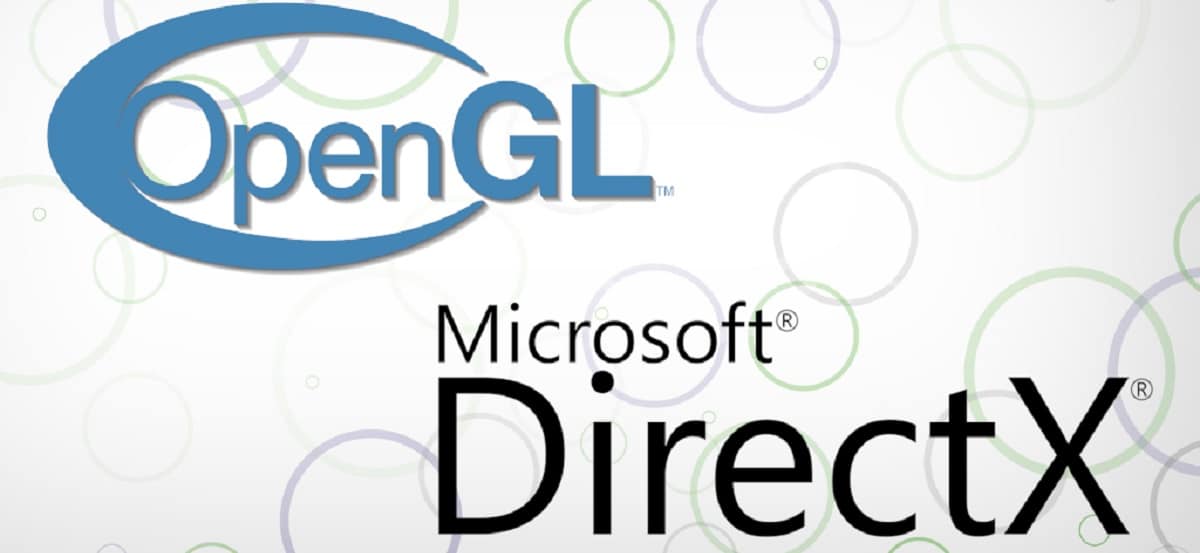
The developers of Collabora released recently through an ad the adoption of the Gallium D3D12 open controller, which implements a layer to organize OpenGL work on the DirectX 12 (D3D12) API, in the main Mesa composition.
At the same time, driver announced successfully passed OpenGL 3.3 compatibility testing when working on WARP (rasterizer software) and NVIDIA D3D12 drivers.
We're excited to share that we recently passed OpenGL 3.3 conformance testing and updated the code in Mesa 3D!
The controller may be useful to use Mesa on devices with D3D12 only controllers and as a starting point for porting OpenGL applications to run on the D3D12 API. In particular, the driver can be used to organize the operation of graphical applications in environments controlled by the WSL (Windows Subsystem for Linux) subsystem, which ensures the launch of Linux executable files on Windows.
One of the main applications that stands out is the Photoshop support, which, as mentioned in the advertisement, may not be a big surprise, but one of the motivations for this work was to be able to run applications like Photoshop on Windows devices without compatibility. total with OpenGL.
I am pleased to report that Microsoft has released their compatibility pack which uses our work to provide OpenGL (and OpenCL) support, Photoshop can now run on Windows on ARM CPUs! It's so exciting to see high-profile apps like that benefit from our work!
The development is carried out in conjunction with Microsoft engineers to develop tools like D3D11On12 to transfer games to the D3D11 library and D3D12 D3D12TranslationLayer, it implements standard graphics primitives on top of D3D12.
Based on the project under consideration, Microsoft has already prepared an intermediate layer what makes possible run OpenGL-based applications on Windows devices that do not provide full support for OpenGL. In particular, it was possible to guarantee Photoshop work on Windows devices with ARM processors.
I would like to point out that having approved OpenGL CTS it is not necessarily the same as being formally compliant. There are some details on how to formally comply with layered implementations that are complicated, and I will leave the question about formal compliance to Microsoft and Khronos.
The implementation includes a driver for Mesa and a NIR-to-DXIL shader compiler (D3D12 runtime), which converts Mesa's intermediate NIR shader to DirectX 12-compliant, LLVM 3.7 bitcode-based DirectX Intermediate Language (DXIL) binary format. (Microsoft's DirectX Shader compiler is a fork of LLVM 3.7).
D3D12 runtime issues should also be fixed before sending results. We are working with Microsoft to fix these issues as appropriate. These fixes may take a while to get through to a Windows build and to end users, but will eventually show up.
But for the vendor-controller D3D12 and lower versions, things get complicated ...
First of all, it is not always possible for us to differentiate between vendor driver issues and hardware issues. And what's worse, as these are developed by third-party companies, we have little information about it.
The Mesa controller uses the Gallium interface, accepts OpenGL commands and, using the NIR translator to DXIL, generates D3D12 commands that run on the GPU using the D3D12 system driver. Separately, components are being developed to ensure OpenCL works on top of D3D12, including the OpenCL compiler and the OpenCL runtime.
Finally if you are interested in knowing more about it, you can check the details In the following link.